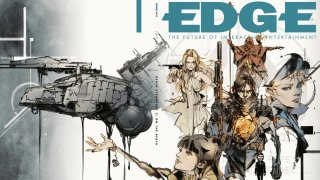Game developers are certain that the label "AAA" is no longer relevant. Originally denoting initiatives with enormous budgets, excellent quality, and low failure rates, it is now linked to a competition for profit at the price of innovation and quality.
Revolution Studios co-founder Charles Cecil, said the term has become “silly and meaningless”. He said the industry had changed in an era when big publishers began investing huge sums of money in games, but not for the better.
“It's a silly term, it's meaningless. It's a legacy of a time when things were changing, but not for the better,” Cecil noted.
An example is Ubisoft's Skull and Bones, which the company dubbed a “AAAA game.” But a decade of development ended in failure, underscoring the futility of labels.
Criticism has also been leveled at other big publishers like EA, which players and developers say focus on mass production and ignore audience interests.
Indie studios, on the other hand, often release projects that leave a greater impression than “AAA” games. Projects like Baldur's Gate 3 and Stardew Valley demonstrate that creativity and quality are more important than budget.
Many believe that profit orientation limits creativity. Developers are afraid to take risks, causing innovation in big games to disappear. The game industry must rethink approaches to regain player interest and inspire new creators.
Main image: ubisoft.com

 Alexander "peter bjorn" Fadin
Alexander "peter bjorn" Fadin


















0 comments